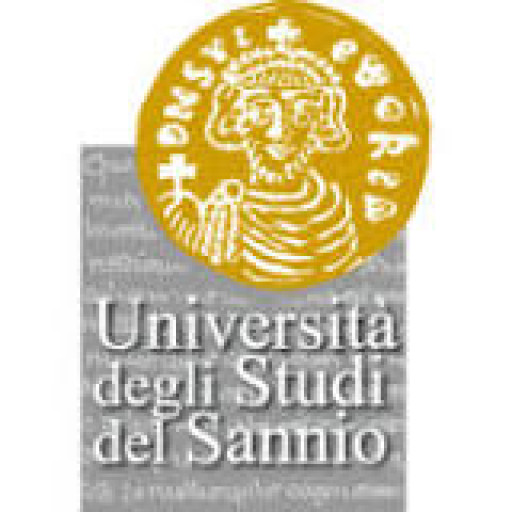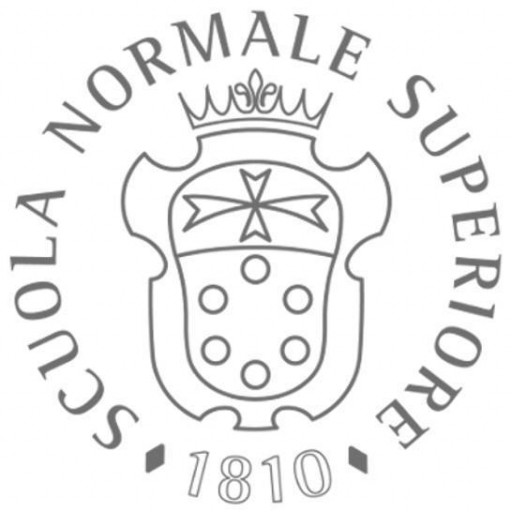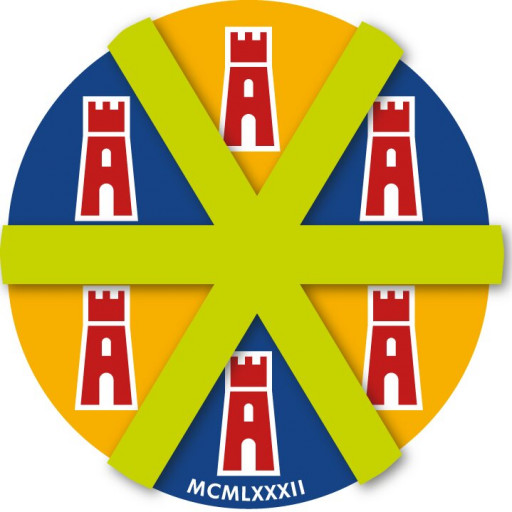Photos of university / #uabbarcelona
The Bachelor's Degree in Biological Anthropology at the Autonomous University of Barcelona offers students an in-depth understanding of the biological and evolutionary aspects of human beings. This comprehensive programme combines the study of human origins, evolution, and diversity with practical skills in biological research methods. Throughout the course, students explore topics such as primatology, paleoanthropology, human anatomy, genetics, and human adaptation to various environments. The programme is designed to provide a multidisciplinary perspective, integrating biological sciences, archaeology, and anthropology to give a holistic view of human species and their development over time. Students have the opportunity to engage in laboratory work, fieldwork, and research projects, which facilitate the development of critical thinking and analytical skills. The curriculum aims to prepare graduates for careers in research, conservation, healthcare, museum work, or further specialization through postgraduate studies. Additionally, the programme emphasizes the importance of understanding human biological variation and the evolutionary processes that have shaped modern humans. By combining theoretical knowledge with practical experience, students gain the skills necessary to analyze biological data, interpret scientific findings, and contribute to advances in understanding human biology and evolution. The programme also encourages interdisciplinary collaboration and promotes awareness of current issues related to human health, diversity, and adaptation. Graduates of this programme will be equipped to work in diverse fields such as biological research, archaeology, forensic sciences, public health, and environmental studies, making meaningful contributions to the understanding of human biological heritage.
Program Content Description for Biological Anthropology at Autonomous University of Barcelona
The Bachelor's Degree in Biological Anthropology at Autonomous University of Barcelona offers a comprehensive and interdisciplinary approach to understanding human biological diversity, evolution, and adaptation. This program is designed to equip students with a solid foundation in biological sciences, incorporating elements of anthropology, zoology, genetics, and paleoanthropology to explore the biological evolution of humans and their closest relatives. Throughout the course, students will examine the evolutionary processes that have shaped modern Homo sapiens, analyze fossil records, and investigate the genetic basis of human variation.
The curriculum emphasizes both theoretical knowledge and practical skills, including laboratory techniques, fieldwork, and data analysis. Students will engage in courses covering human anatomy, primatology, human genetics, human ecology, and the evolutionary history of primates. Special attention is given to understanding genetic diversity, adaptation mechanisms, and the impact of environment and culture on human biology. The program also incorporates studies on paleoanthropology, providing insights into the origins of humans and the significance of fossil discoveries.
Throughout their studies, students will have opportunities to participate in research projects, visit archaeological sites, and collaborate with experts in the field. The program prepares graduates for careers in research, conservation, healthcare, and education related to human biology and evolution. Additionally, it offers a strong foundation for postgraduate studies specializing in biological anthropology, paleoanthropology, or related disciplines. Overall, the degree aims to foster a critical understanding of human biological diversity and evolution, encouraging scientific inquiry and ethical considerations concerning human origins and contemporary health issues.
The Autonomous University of Barcelona offers a Bachelor's Degree in Biological Anthropology that requires students to complete a comprehensive set of program requirements to ensure thorough preparation in the field. Students must successfully complete a series of core modules that provide foundational knowledge in biology, evolution, human genetics, and primatology. These core courses typically include Introduction to Biological Anthropology, Human Evolution, Genetics, and Primatology, among others. In addition to core courses, students are required to undertake a range of optional modules allowing specialization in areas such as paleoanthropology, bioarchaeology, or forensic anthropology, depending on availability and student interest. Practical laboratory sessions, fieldwork, and research projects are integral components of the curriculum, emphasizing experiential learning and research skills. A certain number of credits must be obtained through these practical activities to develop competencies in scientific methodology and data analysis. Students are also expected to participate in seminars, workshops, and conferences to stay updated with current advancements in biological anthropology. Furthermore, the program encourages interdisciplinary knowledge, so coursework involving anthropology, archaeology, and biology is strongly recommended. To graduate, students often need to complete a final year project or dissertation that demonstrates their ability to conduct independent research. Language proficiency requirements may also be stipulated, particularly in academic English, to facilitate access to international scientific literature. Overall, meeting these program requirements ensures students acquire the theoretical knowledge, practical skills, and research competence necessary for a career in biological anthropology, academia, or related scientific fields.
The Autonomous University of Barcelona offers various financing options for students enrolled in the Biological Anthropology degree program. Tuition fees are established annually and are subject to changes based on university policies and government regulations. Generally, the cost of attendance includes tuition, registration fees, and additional expenses such as laboratory materials and academic resources. Students have the opportunity to apply for scholarships and grants provided by the university, government programs, and private entities. These financial aid options aim to support students from diverse economic backgrounds and promote equal access to higher education. The university encourages students to explore various funding sources early in their academic journey to ensure financial stability throughout their studies.
Students can also benefit from the university's loan programs, which offer manageable repayment plans after graduation. In addition to institutional aid, many students seek external funding through regional, national, or European funding bodies dedicated to supporting scientific and humanities research. The Autonomous University of Barcelona provides comprehensive guidance and counseling to help students identify and apply for suitable financial aid opportunities.
Part-time work options are available for students wishing to supplement their income, and the university's career services often facilitate internships and collaborative projects that may include stipends or allowances. Furthermore, the university maintains partnerships with local organizations and research institutes that sometimes offer financial support for student projects and mobility programs. Overall, financing studies at the Autonomous University of Barcelona for the Biological Anthropology program involves a combination of university-established tuition fees, external scholarships, government grants, work opportunities, and student loans, designed to make higher education accessible and affordable for all qualified students.
The Bachelor's Degree in Biological Anthropology at the Autonomous University of Barcelona offers students a comprehensive education in the study of human biological diversity, evolution, and adaptation. The program is designed to provide a solid foundation in the biological sciences, with specialized coursework that explores human evolution, primatology, paleoanthropology, human genetics, and variation among populations. Students will gain a deep understanding of the evolutionary processes that have shaped humans and other primates, along with training in scientific research methods, data analysis, and fieldwork techniques.
The curriculum combines theoretical classes with practical laboratory work and field studies, enabling students to apply their knowledge in real-world contexts. Throughout their studies, students will have opportunities to participate in internships and research projects, often collaborating with researchers and institutions specializing in anthropological and biological research. The program also emphasizes multidisciplinary approaches, integrating insights from genetics, archaeology, ecology, and anthropology.
Graduates of this program are prepared for careers in research, academia, healthcare, conservation, or work within NGOs and international organizations focused on human health, biodiversity, and evolution. The program aims to foster critical thinking, scientific inquiry, and an ethical approach to human biological issues, addressing both contemporary concerns and evolutionary history.
Moreover, the university supports students in developing communication skills, enabling them to effectively disseminate scientific findings to diverse audiences. The program typically spans four years, with a possibility for specialization in areas such as primatology, human genetics, or paleoanthropology during the later stages of the degree.
Given its strong research components, students have access to state-of-the-art laboratories and archaeological sites for fieldwork, fostering an immersive learning experience. Faculty members are active researchers in the field of biological anthropology, contributing to advancements in understanding human origins, adaptation, and diversity. Graduates are well-equipped to pursue postgraduate studies or enter the professional workforce in academic, scientific, or applied settings associated with biological anthropology.
Overall, the degree aims to provide a rigorous scientific training combined with a broad understanding of human biological evolution, preparing students to contribute meaningfully to scientific knowledge and societal issues related to human biology and evolution.










